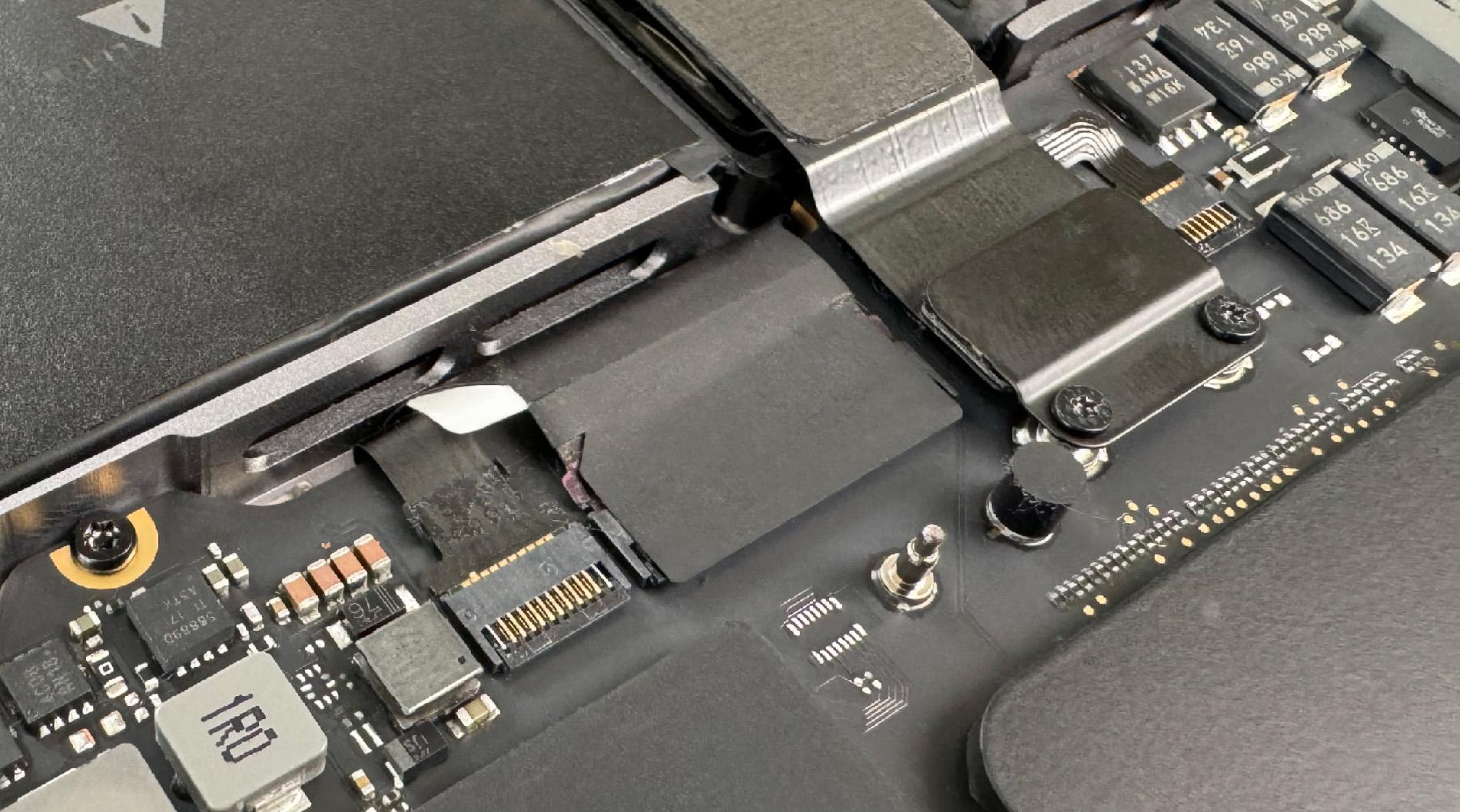Buying Used MacBooks: What You Should Know
Introduction
Buying a used MacBook can save you significant money, but it's crucial to know what to look for. As repair specialists who see hundreds of MacBooks yearly, we'll share insider knowledge to help you make the right choice.

Choose wisely: Not all used MacBooks are created equal
Best Used MacBook Models to Buy
Top Recommendations (2024)
- MacBook Air M1 (2020): Best overall value
- MacBook Air M2 (2022): Newest design, excellent performance
- MacBook Pro 14" M1 Pro (2021): For power users
- MacBook Pro 13" M1 (2020): Good middle ground
Intel Models Worth Considering
Models to Avoid
2016-2018 MacBook Pro: Butterfly keyboard issues, display cable problems (Flexgate)
2015 MacBook 12": Underpowered, keyboard issues, limited ports
Pre-2015 Models: Too old for modern macOS, limited support
Any model with T2 chip issues: 2018-2020 Intel models can have logic board failures
MacBook Air vs. MacBook Pro: The Truth
Here's what Apple won't tell you: Most people should buy the Air.
Why MacBook Air Wins for Most Users
- Fanless Design (M1/M2): Completely silent operation
- Better Battery Life: 15-18 hours real-world use
- Lighter Weight: 2.7 lbs vs 3.0-4.7 lbs
- Lower Price: Save €300-800
- Same M1/M2 Chip: Identical performance for most tasks
When You Actually Need Pro
- Sustained video rendering (4K/8K)
- 3D modeling or CAD work
- Running multiple VMs simultaneously
- Need more than 2 external displays
- Require 32GB+ RAM
Pre-Purchase Inspection Checklist
1. Battery Health
- Go to Apple Menu > System Settings > Battery
- Click "Battery Health"
- Check cycle count (ideal: under 300, acceptable: under 500)
- Verify "Normal" condition status
2. Display Quality
- Open a white background - check for yellowing or pink edges
- Open a black background - look for light bleed
- Check for dead pixels (use online pixel checker)
- Inspect anti-reflective coating (common issue 2015-2017)
3. Keyboard & Trackpad
- Test every single key
- Check for sticky or repeating keys
- Verify trackpad clicks evenly across surface
- Test Force Touch functionality
4. Ports & Connectivity
- Test all USB-C/Thunderbolt ports
- Verify charging works on all applicable ports
- Check WiFi and Bluetooth functionality
- Test headphone jack (if present)
Run These Diagnostic Tests
Apple Diagnostics
- Shut down the Mac
- Press power button
- Immediately hold D key
- Run the extended test
Check System Report
- Hold Option + click Apple menu
- Select "System Information"
- Check: Hardware > Power (battery info)
- Check: Hardware > USB (port functionality)
- Check: Storage > NVMExpress (SSD health)
Fair Pricing Guide (2024)
MacBook Air M1 (2020): €700-900
MacBook Air M2 (2022): €900-1200
MacBook Pro 13" M1: €800-1100
MacBook Pro 14" M1 Pro: €1400-1800
Prices vary by storage, RAM, and condition. Deduct 10-15% for each 100 battery cycles over 300.
Red Flags to Walk Away
- Seller won't let you run diagnostics
- iCloud lock or firmware password enabled
- Signs of liquid damage (corrosion, stickers turned red)
- Swollen battery (uneven case, wobbling on flat surface)
- Non-original parts without disclosure
- Price too good to be true
After Purchase: First Steps
- Full Backup: Before making any changes
- Clean Install: Erase and reinstall macOS
- Update Everything: macOS, firmware, apps
- Document Condition: Photos of any existing damage
- Consider AppleCare+: Available within 60 days with inspection
Frequently Asked Questions
Which used MacBook models are best to buy?
MacBook Air M1 (2020) or M2 (2022) offer the best value. For Intel models, stick to 2019 or newer. Avoid 2016-2018 models due to keyboard issues.
MacBook Air or MacBook Pro?
For 90% of users, MacBook Air is the better choice. It's lighter, quieter (fanless on M1/M2), has better battery life, and costs less. Only choose Pro if you need sustained performance for video editing or 3D work.
What should I check when buying used?
Check battery cycle count (under 500 ideal), test all keys and trackpad, inspect display for dead pixels or coating issues, verify all ports work, and run Apple Diagnostics.